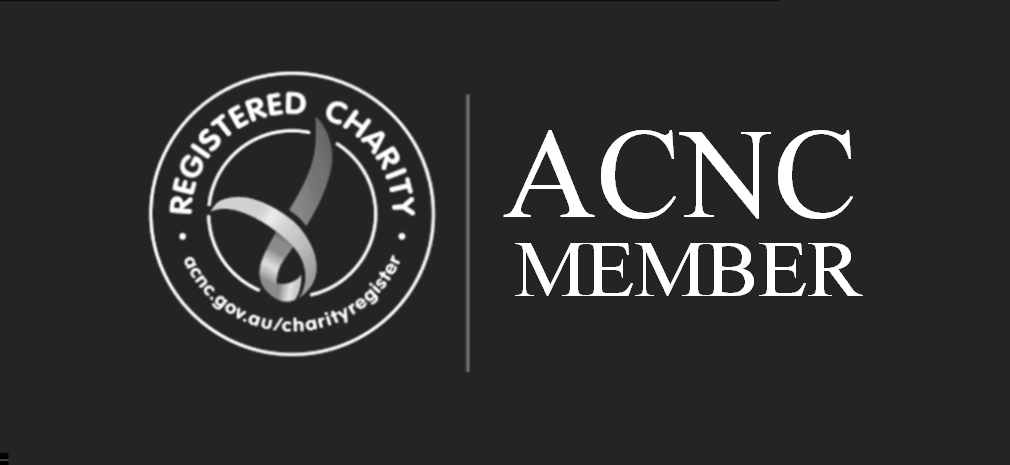.
DAISI’s recruitment policy is committed to robust screening of all employees and to ensuring protection of their rights and provision of a safe working environment.
.
POLICIES
Screening of unsuitable candidates
- All job advertisements, applicant interviews and reference checks should include the following safeguarding screening measures:
- Mentioning DAISI’s strict adherence to the ACFID Code of Conduct on Child protection. This measure is important as a deterrent to any applicants thinking DAISI is a safe-haven for those who abuse children.
- Asking about criminal record and previous child offence charges.
- mention of requirement for National Police Record (NPR) check and Working With Children Certificate (WWCC) .
Recruitment & Advertising of Positions
- All recruitment processes and advertising of positions vacant should be as open and transparent as possible, to attract talent from a broad arena, and to avoid actual or perceived nepotism
- All job descriptions must state as accurately as possible the true nature of the position, whether it be: pro bono (voluntary) or paid; full-time or part-time (stating the Full Time Equivalent (FTE) hours); permanent, casual or contract, and whether or not the position comes with an initial probationary period.
- All job descriptions must state the requirement for WWCC and NPR checks.
- All job descriptions must mention DAISI’s strict adherence to the ACFID Code of Conduct regarding Child Protection.
- DAISI is committed to preventing any form of gender, racial, sexual or disability discrimination from occurring in interview and selection processes consistent with the relevant laws (the Racial Discrimination Act 1984, the Sex Discrimination Act 1992, the Human Rights and Equal Opportunity Commission Act 1986 and the Disability Discrimination Act 1992)
Conducting the Interview
- Composition of the Interview Panel:
- All members of the Executive Board (Chair, Deputy Chair, Secretary, & Treasurer) and the Chief Executive Officer (CEO), make up the Executive Team, and should be invited to attend the interview panel.
- A majority of Executive Team must be present on the interview panel, with one of those the Chair.
- Sufficient flexibility should be exercised to ensure a suitable interview time to attract the greatest possible number of the Executive Team on the interview panel.
- The Chair must be included on every interview panel.
- Any member of the Executive Team that has a perceived or actual Conflict of Interest should remove themself from the interviewing process, to eliminate any perceived or actual case or complaint of Nepotism (A conflict is where employing the candidate could provide a personal benefit. Conflict of interest might include being related to, or a close friend of, the candidate, or a close friend of a relative. Being a current or past employee elsewhere would also represent a conflict of interest.)
- Briefing of the Panel
- The Executive Team should be briefed on all candidates prior to the interview. This includes the provision of copies of resume, reference checks, and application with all submitted supporting documents.
- Standardisation
- Where more than one candidate is interviewed, a standard rating proforma must be used to ensure objectivity and accurate assessment and comparison of candidates.
- Determining the successful candidate
- The Executive Team will decide on the successful candidate after private discussion amongst themselves.
- Where more than one candidate is interviewed, the calculated score based on answers given in the interview will discussed and will be one of the influencing factors in determining the successful candidate.
- Notifying Candidates of Decision
- Successful and unsuccessful candidates are only notified, after private post-interview discussion has occurred with consensus reached by the Executive Team.
- Where a consensus cannot be reached, the position will be re-advertised.
Pro-Bono (Voluntary) positions
- Pro Bono (voluntary) positions must clearly state in all descriptions and advertisements that the position is Pro-bono (Voluntary) in nature to avoid misunderstanding and attracting applications who are expecting a paid position.
Salaried Positions
- Where the position attracts a salary the structure (whether contract, temporary or a permanent position) must be clearly stated in all descriptions of the position and advertisement.
- Where the position attracts a salary, this amount must be above award wage and/or represent fair market value for a similar position.
- The rates of pay for DAISI salaried permanent staff are based on the DFAT Enterprise Agreement 2019 – 2022, and are used as a guide for the agreed salary for all positions.
- Salaries must be reviewed at least annually to ensure that DAISI remains competitive.
Hours of employment
- The hours of employment, stated as Full Time Equivalents (FTE), should be stated clearly in all job descriptions.
- When possible or necessary DAISI will consider providing other compensation to employees such as flexible working arrangements, or extra leave entitlements.
Contracts
Where the position is contractual, the time frame of the contract (usually 12-24 months) should be clearly stated in the job description. After the contract has expired, the DAISI Executive Team will make a decision whether to renew the contract or not and this should be made by consensus vote.
Probationary Period
An initial “probationary period” may be employed, (typically 3 months) to determine if the candidate is the correct fit for purpose, after which a decision is made by the Executive Team whether or not the candidate will continue in the position in a non-probationary capacity. If a “probationary period” is intended from the outset, this should be clearly stated in the job description.



